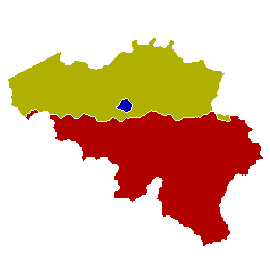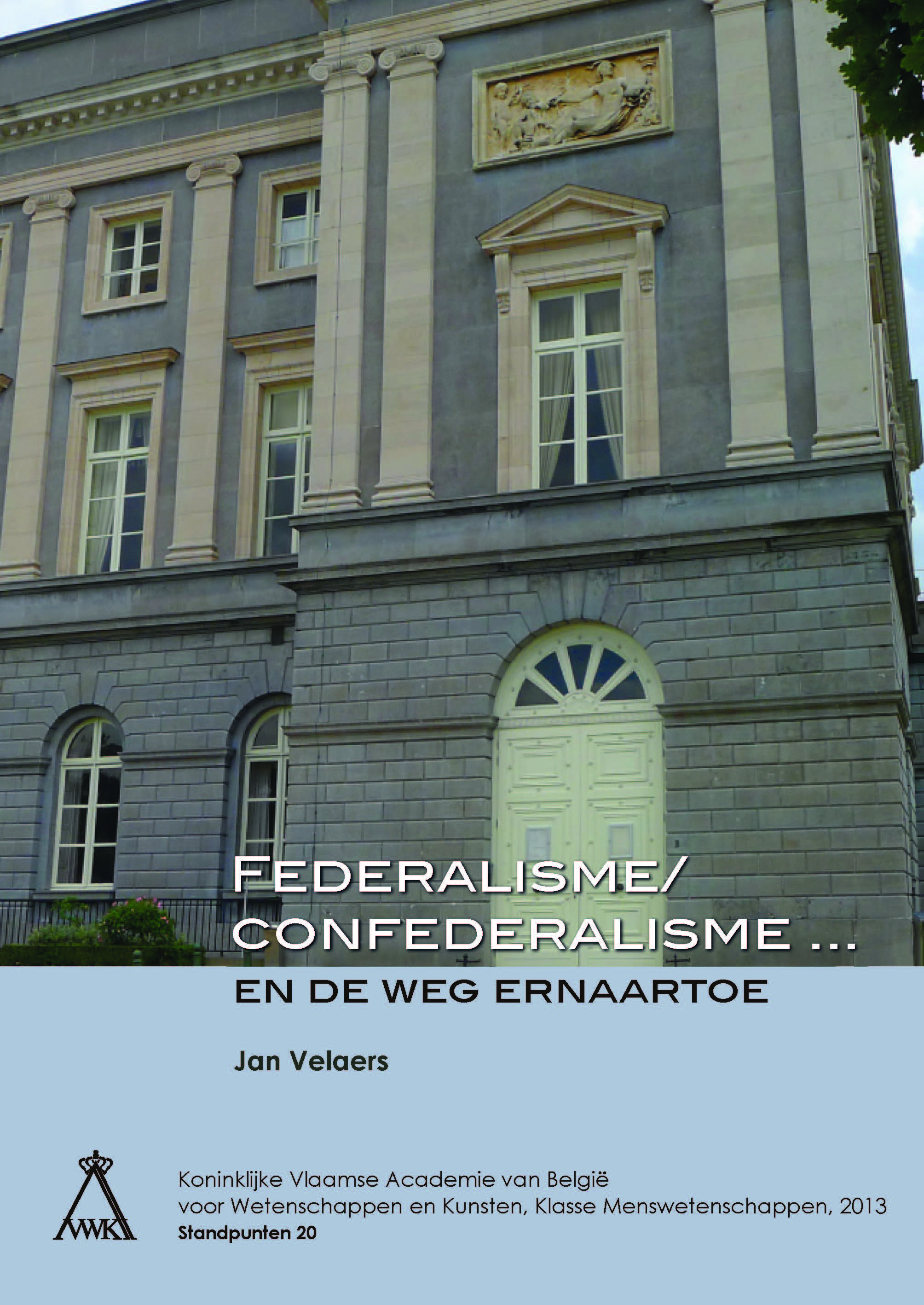Federalism / Confederalism

For quite a while now, there have been debates in Belgium about the form
its state ought to take. According to Article 1 of the Constitution,
Belgium “is a federal State composed of Communities and Regions”. Many
analyses have shown, however, that there are a few so-called “confederal
features” to the state system as well. Various political parties,
moreover, are calling – or have called – for Belgium to be transformed
in the next round of state reforms into a true confederation. But what
do the parties hope to achieve
through this appeal? Do they use the
term “confederalism” in the sense in which it is used in comparative
state law? Or are they thinking of something else, a confederalism
“Belgian style”? If the latter, what exactly does that consist of? This
contribution seeks to bring some conceptual clarity into the debate. The
classic theory of confederalism, about which there is widespread
consensus among lawyers, is taken as the golden thread. Confederalism
is, according to that theory, a relationship between states that agree,
in a treaty, to form a confederation in order to work together in a
number of different areas. This confederation is not itself a state, but
does have its own institutions that represent the participating states.
It has a limited number of powers assigned to it in the treaty. In
principle such a treaty can also be terminated. In this article, three
historical examples of confederation (the United States, Switzerland and
Germany) are considered, as well as the few confederations that still
exist today. Contemporary Belgium is not one of them. Rather, Belgium
today exhibits all the characteristics of a federal state. It is true
that the bipartite nature of the country, which is made up chiefly of
Flemish and French-speaking citizens, and the mechanisms available to
protect the French-speaking minority within the federal institutions (an
‘alarm bell’ and special majority provisions in Parliament, parity in
the cabinet), mean that the decision-making process in Parliament often
resembles a negotiation between the representatives of two political
communities. To qualify a state system as confederal, however, this is
not sufficient. The plans for a future “confederal” Belgium being put
forward by the political parties cover a multitude of meanings. They may
refer either to a deepening of the current form of federalism (e.g. by
allocating most of the powers to the constitutive states or by no longer
assigning residual powers to the federal state), or to a form of
confederalism in which the constitutive states enjoy the so called
“Kompetenz-Kompetenz”, and assign various competences to the
confederation by means of a treaty. For the sake of clarity in the
democratic debate, this contribution calls for greater conceptual
orthodoxy.
Available documents
Author
-
Jan Velaers


